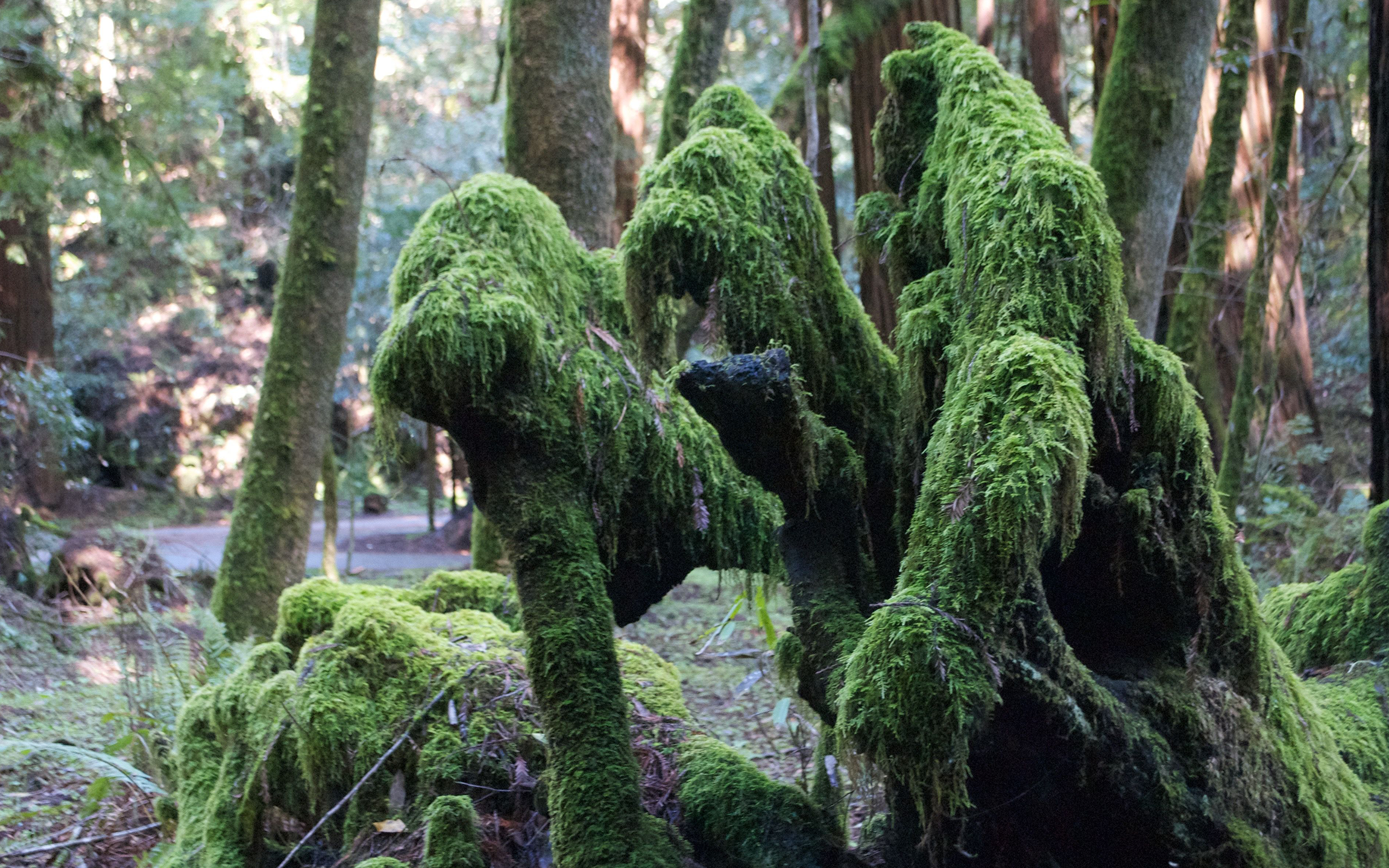- Title: Do defenses against herbivores and pathogens drive the commonness and rarity of tropical trees at local and regional scales?
- Principal Investigators: Diego Salazar-Amoretti
- Funding Amount: $326,462
- Funding Source: National Science Foundation
- Timeline: 08/2020–07/2023
The Amazon rainforest is home to a huge number of plant species. Scientists have wondered for a long time why some are so rare and others so common. Perhaps some are better at protecting themselves from insects and diseases? These species could then become unusually common. So, how do plants protect themselves?

Most plants make special chemicals that can be a potent defense against natural enemies (mostly fungus and insects). Scientists think such chemicals may be especially important in very common species because without extra protection, insects and fungal diseases would spread rapidly in dense populations. This project will test whether plant chemicals can explain how the most common rainforest trees keep from being overwhelmed by their enemies. More generally, it may explain the abundance of different species in different places. This study will also test the role of plant chemicals as defenses against soil pathogens, which are important but poorly known. Data from this project has the potential to generate new medical and agricultural applications.
This project will focus on Protium (Burseraceae), a common and diverse genus of Neotropical trees. Protium species with more diverse and effective anti-enemy defenses are hypothesized to suffer less density-dependent mortality, gaining a strong competitive advantage that should translate into larger populations at the local and regional scale.
- In the laboratory, metabolomic approaches will assess the diversity of plant secondary metabolites in leaves and roots of Protium in tandem with DNA sequencing to identify how those metabolites influence the presence of fungal pathogens, thus elucidating their role in mediating plant-natural enemy interactions.
- In the field, a combination of observational and experimental approaches will identify these plant-defense-enemy interactions and quantify their effect on host plant species abundances and the ability of locally and regionally abundant taxa to escape negative density-dependent interactions.
Ultimately, this research will yield a deeper understanding of the processes underlying the origin and maintenance of the vast biodiversity of tropical forests.
Team
Principal Investigator
Diego Salazar Amoretti
Assistant Professor
305-348-7316, 305-348-2201
dsalazar@fiu.edu
OE 310, OE 310A, OE 313, OE 244
